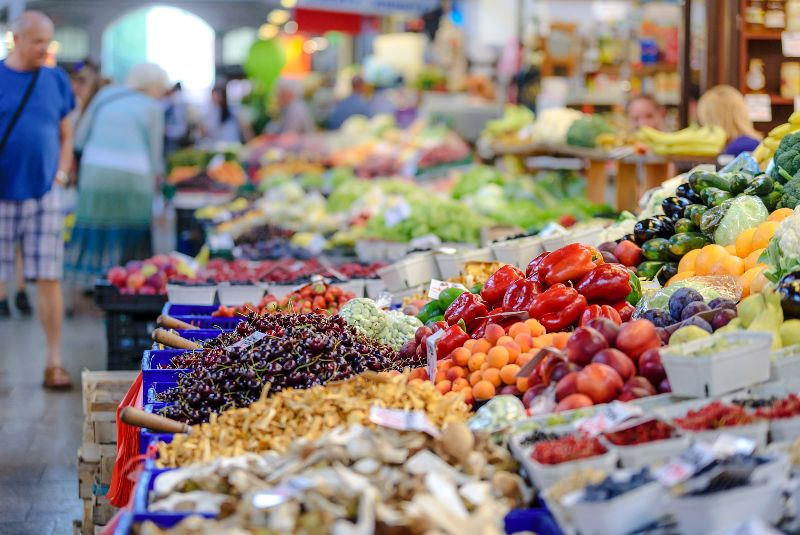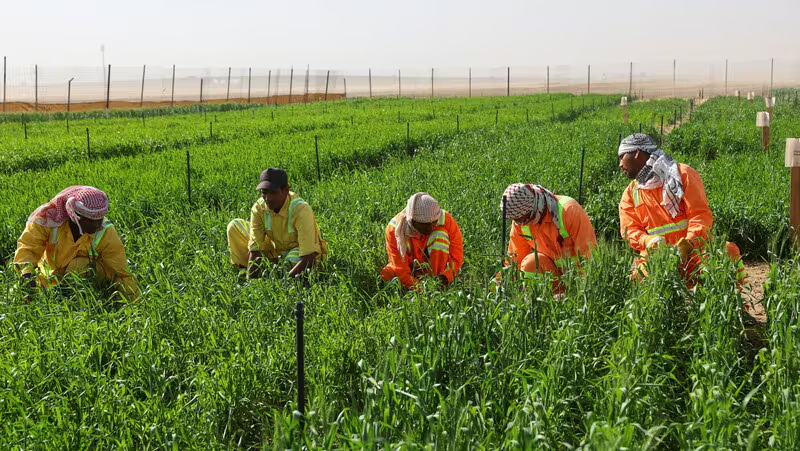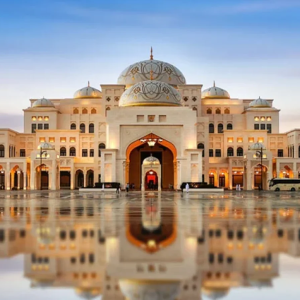A Landmark Achievement for National Sustainability Goals
Bahrain has proudly secured an advanced position in the global Food Security Index, marking a significant milestone in the Kingdom’s journey toward long-term sustainability and self-reliance. This achievement is not just a statistical rise — it’s a reflection of years of planning, policy reform, and strategic investment in the country’s food ecosystem.
The improved ranking places Bahrain among the leading nations in the region for food security, a critical indicator of a country’s ability to provide safe, sufficient, and nutritious food to its population. At a time when global challenges continue to impact supply chains and food production, Bahrain’s success stands as a model of resilience and forward-thinking governance.
What the Food Security Index Measures
The Food Security Index is a comprehensive tool that evaluates countries based on several key areas: food availability, food affordability, quality and safety, and resilience to external shocks. It looks beyond mere food supply and delves into the systems that support nutrition, agriculture, logistics, policy, and innovation.

For Bahrain, climbing higher in this index reflects meaningful improvements in each of these categories. Whether through investments in agri-tech, enhancements in food safety protocols, or efficient import strategies, the Kingdom has demonstrated its commitment to building a future-proof food system.
Strategic Policies Driving the Progress
Bahrain’s progress in the index did not happen overnight. It is the result of sustained policy efforts led by government agencies, private sector partnerships, and innovation in the agriculture and logistics sectors. Authorities have worked to diversify food sources, reduce dependency on a few import partners, and promote local production where possible.


A national food security strategy has guided many of these initiatives, focusing on enhancing food storage capacity, streamlining distribution systems, and encouraging sustainable agricultural practices. These targeted actions have positioned Bahrain to better respond to regional and global food-related disruptions.
In addition, Bahrain’s food safety regulations have been upgraded to meet international standards, ensuring that quality is not compromised even as quantity increases. Consumer protection and nutrition awareness campaigns have also played a key role in ensuring public trust in the system.
Embracing Technology in Agriculture and Food Supply
One of the most exciting aspects of Bahrain’s food security advancement has been its embrace of technology. From vertical farming to smart irrigation and data-driven supply chain management, innovation has been a central theme in the nation’s agricultural transformation.
Urban farming initiatives, supported by both government and private stakeholders, have begun to take root, especially in densely populated areas. These projects not only improve local food availability but also promote environmental sustainability.
Technology has also made Bahrain’s food supply chains more efficient and transparent. Digital platforms now help track food quality, reduce waste, and optimize distribution — making it easier to get fresh, safe food to consumers at fair prices.
Private Sector’s Role in Strengthening the Ecosystem
The private sector has played an essential role in Bahrain’s food security success. From food importers and supermarket chains to startups and investors in agri-tech, businesses across the board have aligned themselves with national goals.
Public-private partnerships have been especially impactful in developing cold storage infrastructure, expanding warehousing capabilities, and introducing local production initiatives that use modern hydroponic and aquaponic systems. These collaborations not only increase resilience but also create job opportunities and stimulate economic growth.
By creating an environment where innovation is welcomed and supported, Bahrain has encouraged private entities to invest in long-term food sustainability solutions, helping to reinforce the entire ecosystem.
Responding Proactively to Global Challenges
Over the past few years, the global food landscape has been hit by a variety of disruptions — from pandemic-induced supply chain issues to climate-driven agricultural stress and geopolitical tensions affecting exports. Bahrain’s steady rise in the Food Security Index is a testament to how well the nation has managed these complex risks.
Rather than reacting to crises, Bahrain has taken a proactive stance. The development of emergency food reserves, diversified import strategies, and continuous monitoring of international markets have helped shield the population from the brunt of global fluctuations.
The ability to act swiftly and decisively during times of uncertainty has been one of Bahrain’s key advantages. Decision-makers have remained agile, making adjustments to import policies and stockpiling strategies as needed, ensuring that shelves remain stocked and prices remain stable.
A Regional Leader in Food Security Ambitions
Bahrain’s high placement in the Food Security Index sends a powerful message across the Gulf and beyond. It signals that even small nations can lead the way in building sustainable, reliable, and innovative food systems — with the right vision and coordination.

The Kingdom’s example may inspire neighboring countries to further prioritize food resilience, invest in local agriculture, and rethink traditional supply chains. Regional cooperation on food trade and agricultural research could also receive a boost as countries recognize the value of shared progress in this vital area.
By strengthening its food systems, Bahrain is not only safeguarding the health and well-being of its population — it’s also contributing to regional stability and long-term economic security.
Public Awareness and Community Engagement
A key part of Bahrain’s food security journey has been its ability to engage the public. Awareness campaigns, educational programs, and community gardens have all helped foster a culture of responsibility and knowledge around food consumption and sustainability.
Households are now more conscious of food waste, nutrition, and the environmental impact of their choices. Schools have introduced lessons on sustainable eating habits and local farming. Citizens are being encouraged to support locally grown produce and embrace seasonal diets — all of which contribute to a healthier population and a more resilient economy.
When the public understands the importance of food security and feels part of the solution, national efforts gain traction and lasting impact.
What This Means for Bahrain’s Future
Securing an advanced spot in the Food Security Index is not the finish line — it’s a powerful checkpoint on Bahrain’s path to becoming a truly self-reliant and sustainable nation. The next chapter will likely focus on deeper integration of climate-smart agriculture, greater food innovation, and broader inclusion of rural and urban communities in the country’s food journey.
The global demand for sustainable food practices is only growing, and Bahrain is now well-positioned to be a regional hub for food innovation, research, and policy leadership.
This recognition will likely attract further investment, encourage more partnerships, and inspire the next generation of Bahraini agricultural entrepreneurs and sustainability leaders.
Final Thoughts
Bahrain’s rise in the Food Security Index is more than just a ranking. It represents hope, progress, and the power of planning for the long term. It proves that with the right strategies, even nations with limited natural resources can build robust systems that protect their people, their economy, and their future.
This achievement is a shared success — one built on the hard work of policymakers, business leaders, farmers, technologists, and everyday citizens. Together, they have laid the groundwork for a more food-secure Bahrain — one that is ready to face the future with confidence and strength.
Read More.Bahrain Clinch Confident 2-0 Win Over Bangladesh in Qualifier












